
Education is a vital part of any anti-racist practice. Through learning about the history of racism against the Black community in the United States, we can begin to work towards eradicating racism as it appears in our society today. To encourage empathy and honesty while sparking difficult yet necessary conversations between family and friends, we’ve collected a list of films that can teach us how to channel our energy in ways that help dismantle the racist structures in our communities and align ourselves with movements leading the fight towards racial justice.
The Black Power Mixtape 1967–1975 (2011)
If you’re concerned about politicians and the media misrepresenting social movements, you should check out The Black Power Mixtape 1967–1975. In 2011, 30 years after nine years’ worth of footage was filmed, journalists from Sweden’s public broadcasting network discovered a series of interviews with some of the leading Black scholars, musicians and activists from the Black Power Movement. The footage turned into a nine-part documentary offering a unique perspective on one of the most important eras of Black liberation in American history.

Some look at it as a gripping documentary, seamlessly weaving through Martin Luther King Jr. and the Civil Rights Movement, opposition to the Vietnam War, COINTELPRO’s organized attacks on Black organizations, Stokely Carmichael and the Black Power Movement and rounding it out by addressing the turmoil resulting from the War on Drugs in the 1970s. All the while, music from iconic Black artists sets the mood for intimate conversations with the likes of Angela Davis and Black Panther Party co-founders Bobby Seale and Huey P. Newton.
Some see this film as a musical collage of the most impactful minds of the era. Others critique it for its lack of crucial facts and figures to back up the claims from its speakers or for the passive racism overheard from some of the Swedish journalists. No matter how you feel at the end, The Black Power Mixtape is a time capsule of ideas and conversations that will remind you how important that era was for civil rights, but also how much work is still ahead to achieve justice and equality for all.
13th (2016)
According to the National Association for the Advancement of Colored People (NAACP), African Americans are incarcerated at more than five times the rate of whites, and the imprisonment rate for African-American women is twice that of white women. The criminal justice system in America is undoubtedly racially biased, and filmmaker and director Ava DuVernay’s 13th offers an in-depth look at our prison system and the nation’s history of racial inequality.
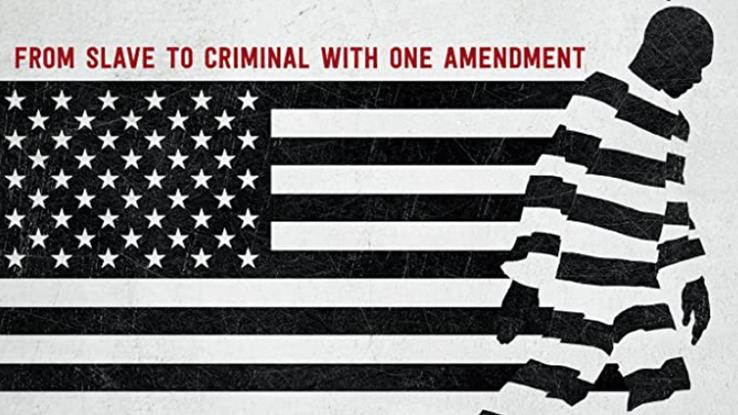
With one line in the slavery-abolishing 13th amendment (“Neither slavery nor involuntary servitude, except as a punishment for crime”), this piece of legislation was weaponized to imprison and control the African-American population for over 150 years. DuVernay carefully takes us through interviews with former prisoners, expert analysts and political figures who offer their knowledge on this gut-wrenching and horrifically biased reality.
Hoop Dreams (1994)
On February 14, 2020, Democratic Congressman and Vice-Chair of the Joint Economic Committee Don Beyer released a report laying out the current economic challenges Black families in America face. For starters, the median net worth for white families is nearly 10 times greater than that of Black families, and Black households earned just 59 cents for every dollar white households earned in 2018. If parents are looking for a way to talk to their children about the persistent link between race, education and class in America, look no further than the gripping documentary Hoop Dreams.
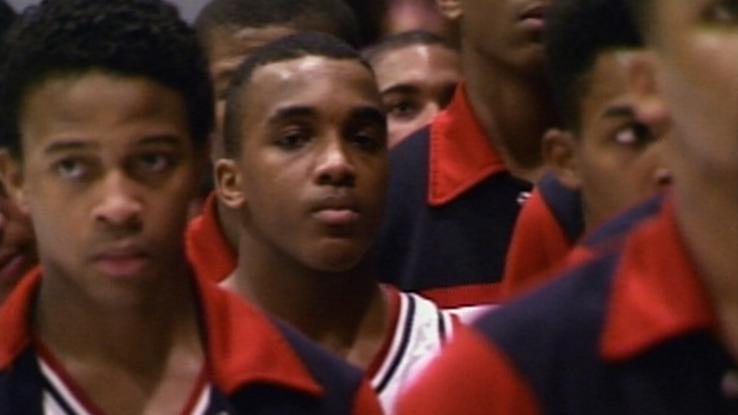
Shot over five years, Hoop Dreams follows young athletes Arthur Agee and William Gates as they navigate extreme poverty, racial tensions, crime and other hardships while training strenuously to earn college basketball scholarships. The young men offer gripping testimonials about the challenges they face on and off the basketball court, from segregated junior college housing to growing up in a Chicago neighborhood suffering from urban decay. Agee and Gates’ commitment to their dreams will inspire your children to shoot for the stars, but the deeper message of the link between race and class in America won’t go unnoticed.
The African Americans: Many Rivers to Cross (2013)
Five hundred years of the history of the African-American experience are broken down into six episodes packed with stories of the people, places and events that comprise Black history. Harvard professor, public intellectual and filmmaker Henry Louis Gates, Jr. expertly shares unique stories of courage, determination and the power of hope against political and social adversity.
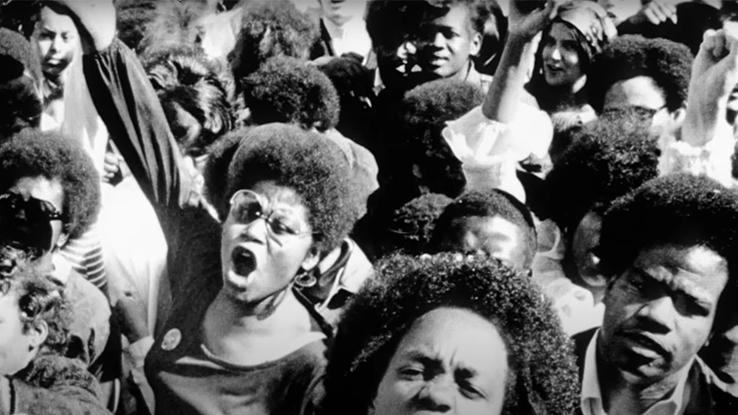
Each episode is dedicated to a specific moment in African-American history: the transatlantic slave trade, the age of slavery, the Civil War, the Jim Crow era and segregation, Rosa Parks and the dawn of resistance, and the civil rights movements that led to the election of the first Black president in 2008. As we embark on a new era of citizen journalists documenting horrific cases of police brutality, it’s important to know what has happened in the past to help build a more equal future.
Stay Woke: The Black Lives Matter Movement (2016)
After 28-year-old George Zimmerman was acquitted of all charges following his fatal shooting of 17-year-old Trayvon Martin, an emotional exchange of love and support on Facebook for the Black community between Alicia Garza and Patrisse Marie Cullors-Brignac started #BlackLivesMatter. The message quickly permeated social media with marching orders and demands that broadly addressed the many injustices in our society while keeping it concise enough for the hashtag generation to share their stories and experiences from around the world.
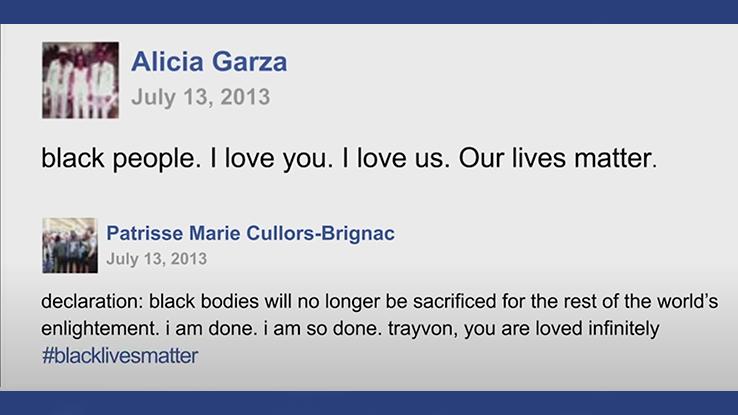
At only 40 minutes in length, Stay Woke quickly denounces early doubts that the hashtag was just a “moment” by showing how the movement empowered citizen journalists to document peaceful protests and police brutality, contributing to serious changes in the direction of the national conversation.
Trayvon Martin. Eric Garner. Sandra Bland. Ahmaud Arbery. Alberta Spruill. Michael Brown. Miriam Carey. Tamir Rice. Breonna Taylor. Freddie Gray. George Floyd. Remember their names. Black Lives Matter, citizen journalists and online communities and activists continue to fight for justice for the fallen, for civil rights and for fundamental changes in this country.
Judas and The Black Messiah (2021)
You probably know about the Black Panther Party and the organization’s founders, Bobby Seale and Huey P. Newton. But, do you know about William O’Neal – the Black FBI informant who infiltrated the Black Panthers? Judas and the Black Messiah (2021) delves into the complex, and ultimately the tragic, relationship that formed between Newton and O’Neal. Shaka King directed and co-wrote the film with Will Berson, while Daniel Kaluuya (of Sicario, Get Out, and Black Mirror fame) co-stars with Lakeith Stanfield (of Atlanta, Sorry to Bother You, and Selma acclaim.)
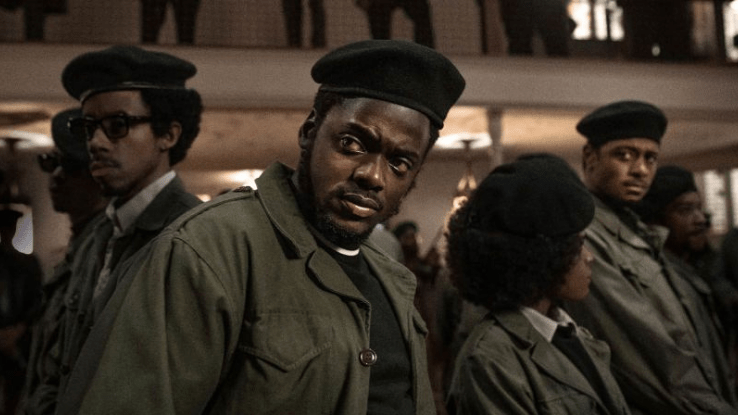
There’s no question of how this film will end – its intentionally evocative and Biblical title clearly forewarns viewers of the tragic betrayal that resulted in the death of Huey P. Newton. But people are defined by their lives, not by their demise. Shaka King paints a harrowing portrait of 1960s America, but he also extols Newton and Black Panthers for inspiring courage, pride, and hope in disenfranchised communities. This isn’t an easy film to watch by any stretch of the imagination, but it is extremely poignant and enlightening.

 Michael Kasian-Morin
Michael Kasian-Morin




